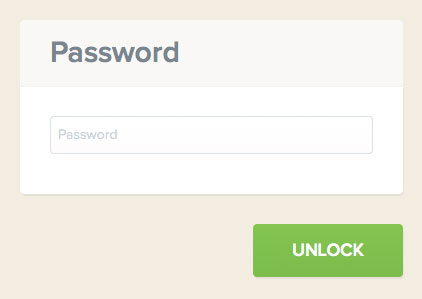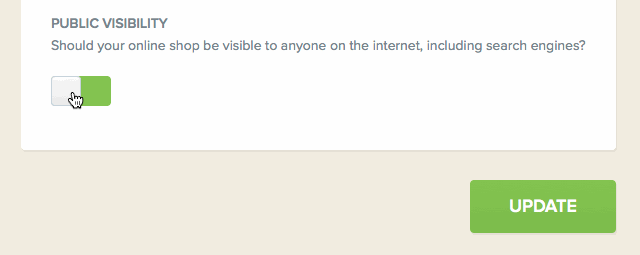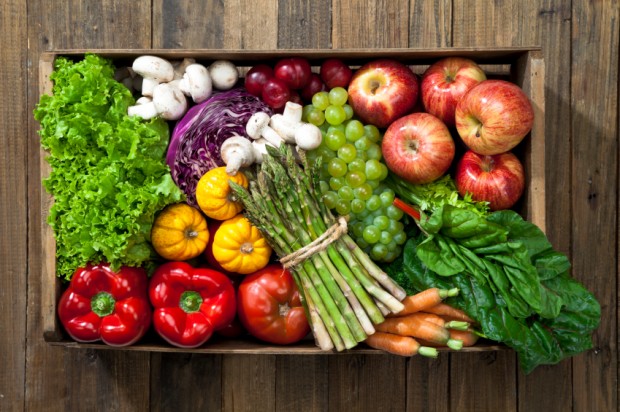May 15, 2014
Many of our food hubs have been requesting to list food on behalf of farmers that aren’t already on Farmwell or that maybe don’t have an internet connection.
After all, there’s a whole generation of farmers out there who’d rather “stick with farmin’ and leave the sellin’ to the young bucks and does.”
Food hubs were pleading with us to do something. No only were some of their best farmers not online, but some have yet to buy their first mobile phone!
Something had to be done.
So we went back to the drawing board to see what could be done. The question was how can we make this happen while still maintaining field-to-fork transparency for consumers?
The answer was simple:
Let food hubs manage a farm’s profile and list food on their behalf, but make the food hub responsible to consumers by having them sign the statement of quality guarantee. That means food hubs will be rated based on the quality of the food they source. By putting their reputation on the line, food hubs get the extra motivation to really know their farmers, and locavores get even more great fresh local food from traditional farms that don’t have internet access.
Here’s how easy it is for a food hub to add a farmer:
1) Add a farmer/producer in a click.

2) Tell the farm’s story.
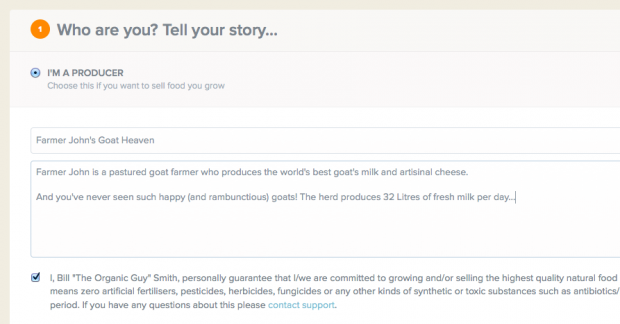
3) List their food with ease.
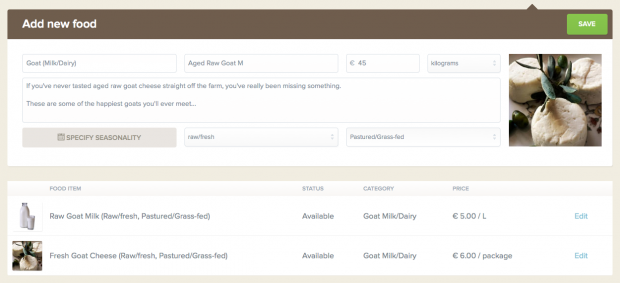
4) After, you can switch between your hub and farms like this.

All food is instantly added to your food hub’s online offerings:
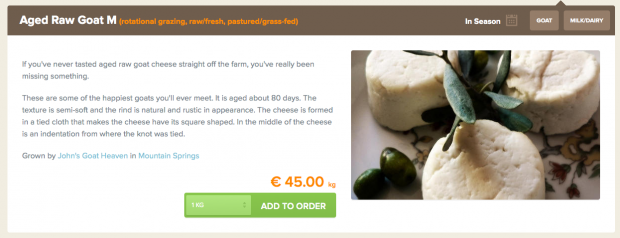
You’ll notice that each food shows who grew it and where, with links for more info.
Pretty easy, eh? You can also watch this 7 minute video to see it in action, or sign up now for a free trial and give it a go yourself.
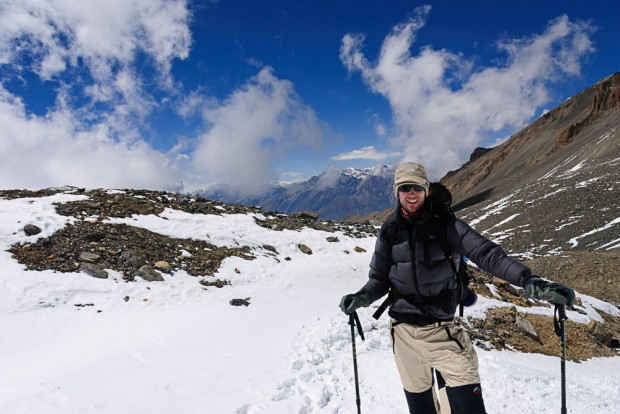

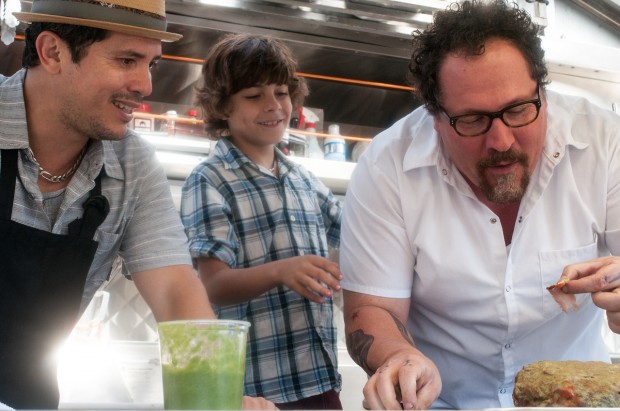

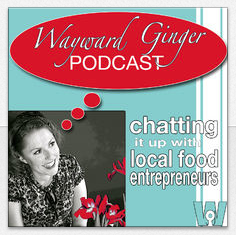 How does travelling mentally prepare you to start up a local food business? How to start up a small farm or food hub? What if you’re on a stoe-string budget without outside funding?
How does travelling mentally prepare you to start up a local food business? How to start up a small farm or food hub? What if you’re on a stoe-string budget without outside funding?